Free Shipping Across U.S.A. On All Orders
Fast Asleep 911™ by Phytage Laboratories
The Perfect Sleep Formula
Fast Asleep 911 can help you finally get a good night’s sleep. Our unique formulation contains Melatonin, a natural hormone your body produces in response to darkness that helps you sleep. Our proprietary formulation can help you fall asleep fast and stay asleep so that you can wake up feeling refreshed without any lingering side effects. Imagine waking up feeling wide awake and refreshed instead of groggy and "not yourself".
With Fast Asleep 911™, our all-natural and organic sleep formula, getting a good night’s sleep is now more than possible. We use only the highest quality ingredients to ensure effective absorption and optimal health benefits.
With Fast Asleep 911, you can:
- Fall asleep shortly after your head hits the pillow.
- Enjoy deep rejuvenating sleep instead of lying awake and stressing and worrying.
- Have sharper mental focus and capacity the next day.
- Avoid sleep disruptions that zap your energy.
- Save money on medical bills and prescription drug costs.
Select Your Quantity
The Phytage Labs Promise
 All-Natural
All-Natural Cruelty-Free
Cruelty-Free Money-Back
Money-Back
Guarantee Made In
Made In
USA Giving
Giving
Back Non-GMO
Non-GMO
About Fast Asleep 911™
All-Natural Sleep Formula

Fast Asleep 911™ contains the natural sleep aid, melatonin, but also features a powerful mix of additional ingredients that ensures your sleep issues are combated from all possible angles. Our unique blend of natural ingredients helps you fall asleep fast. You can enjoy a full night’s rest without any side effects.
Are you looking to get better sleep? Now, all you have to do is perform our simple one-minute routine (taking two capsules of Fast Asleep 911™ 20-30 minutes before bedtime) and you may start sleeping better.
We are talking about lightning-fast results after taking this organic health supplement that can even help save you money on prescription drug costs, avoid expensive medical bills, and prevent the range of health negative issues caused by lack of sleep. This supplement can also help you maintain better control over anxiety and stress-related issues, ultimately leading to a better quality of life.
Fast Asleep 911™ Sleep Benefits
Ingredients in our all-natural formula have been known to offer the following benefits:

-
 Fall asleep fast and stay asleep
Fall asleep fast and stay asleep
-
 Experience the health benefits of a full night’s sleep without sleep disruptions
Experience the health benefits of a full night’s sleep without sleep disruptions
-
 Feel recharged in the morning with sharper focus and even better memory
Feel recharged in the morning with sharper focus and even better memory
-
 Save money on expensive medical bills and prescription drugs
Save money on expensive medical bills and prescription drugs
Made With
All Natural Ingredients
 Melatonin
Melatonin
Melatonin is the hormone your body needs in order to get good sleep. In fact, melatonin is often referred to as "the sleep hormone." It is secreted by the pineal gland in the brain and helps keep our body's circadian rhythm, which is an internal 24-hour "clock" that plays a critical role in when we fall asleep and when we wake up.
The problem is that our production of melatonin decreases as we age. Fast Asleep 911™ solves this problem by boosting it for you.
 L-Tryptophan
L-Tryptophan
The high intake of tryptophan has been reported to help overcome levels of depression and is positively associated with sleep duration. Results of studies show that the consumption of tryptophan increases sleep efficiency and sleep time; it also improves anxiety and depression symptoms.
 Goji
Goji
Goji is a berry, also called the wolfberry, and is a bright orange-red berry that comes from a shrub native to China. Eating Goji berries can improve sleep, waking up, focus, mental sharpness, calmness, and overall feelings of health and happiness.
Frequently Asked Questions

 Cart
Cart

 All-Natural
All-Natural Cruelty-Free
Cruelty-Free Money-Back
Money-Back  Made In
Made In  Giving
Giving Non-GMO
Non-GMO





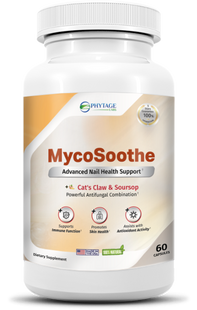

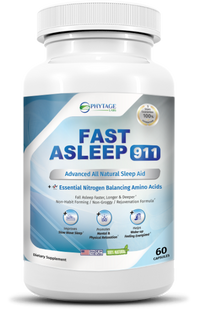
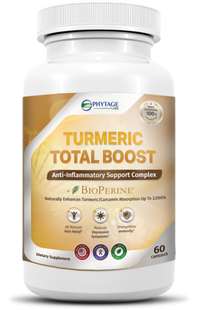
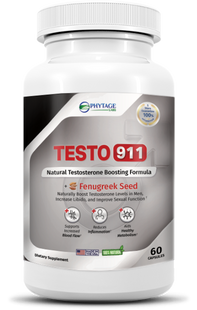




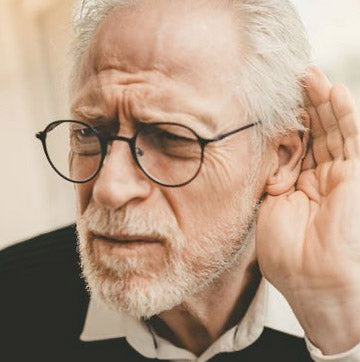






 1-800-822-5753
1-800-822-5753
